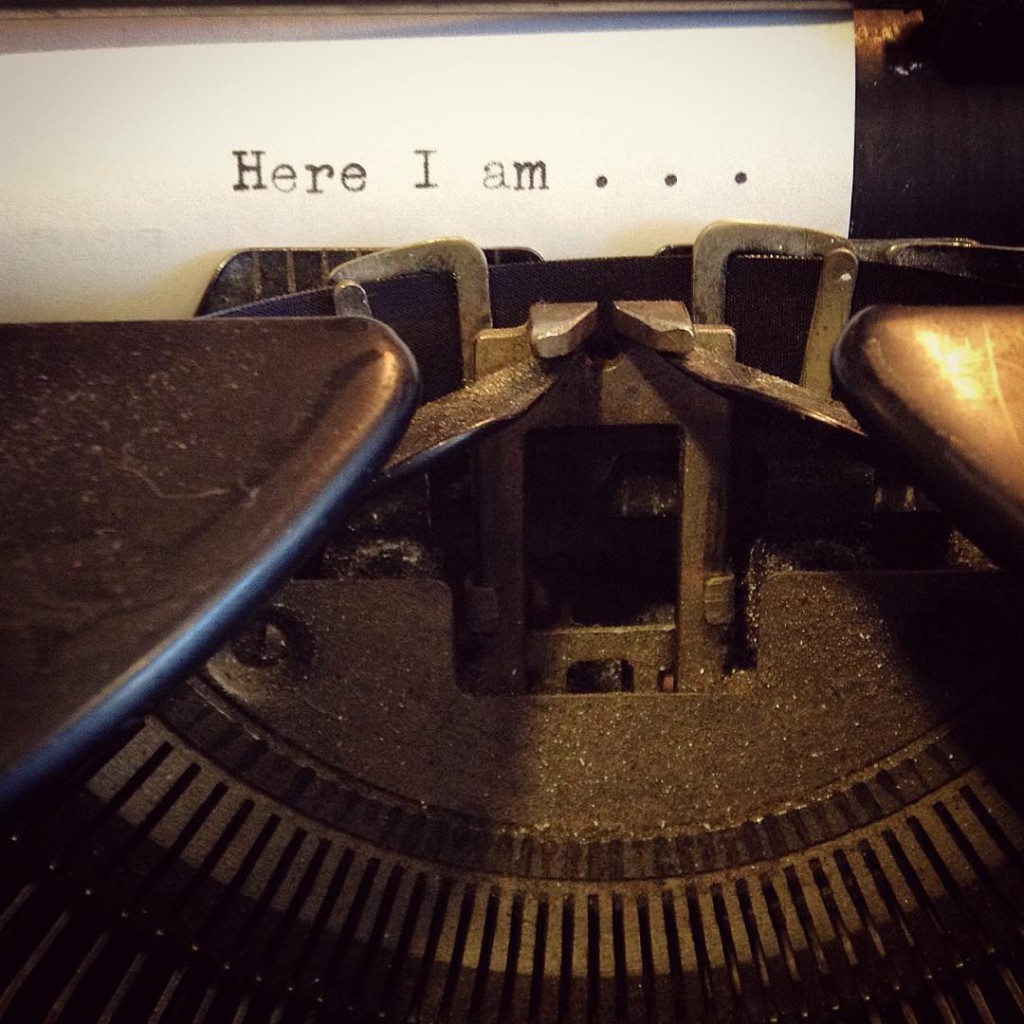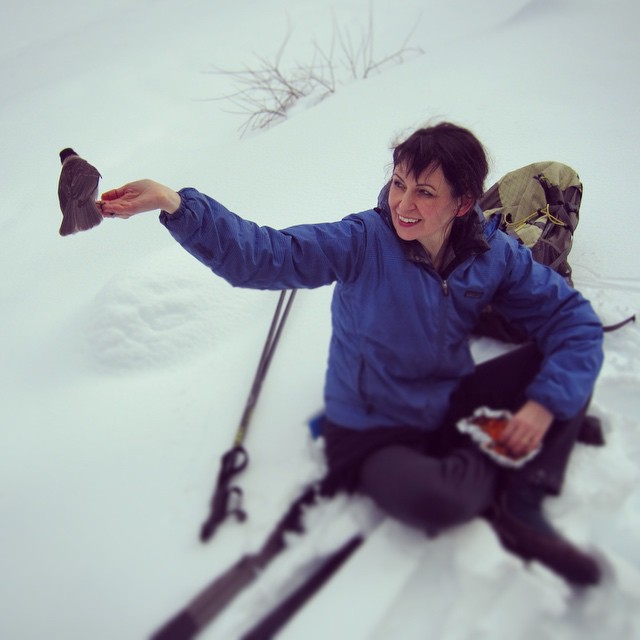I have been deciding what to say about not saying anything.
Just over a week ago, I was immersed in silence. I didn’t post, text, email, or make a phone call for 11 days. For ten days I did not speak.
The silence was part of a 12-day meditation course, and the silence was not the hardest thing. Facing the self was the hardest thing. I witnessed, close up, the false worlds I have built around myself, for myself, through myself. Just noticing those worlds loosened them, threw them out of orbit. I am grateful to feel closer to reality, to spiritual reality, to what is real and true at my deepest level.
And I wrestled with sharing/not sharing. It was all so close to home.
What I learned over the course: I am okay if I am not heard. It won’t destroy me. I experienced a beauty and a release, letting life take over, humbly recognizing that my words do not propel the universe.
Returning home, no longer craving being heard, I considered whether I should quit blogging altogether.
I thought of Tad. When I first met this sweet, wise friend, I was astounded by Tad’s communication skills. I was surprised that English wasn’t Tad’s native language.
A year later, Tad’s speech changed. Where there had been the slightest hint of an accent, there were now round, rolling R’s and thick, festooned consonants. It took me several minutes to understand Tad clearly.
“You speak differently,” I said. “Why?”
“I was masking my accent,” said Tad. “I decided to speak without that layer of effort, and say the words as they wanted to come out. Basically, I quit worrying what others think.”
This beautiful, brave transformation inspired me. I, too, want to show up in the world without the concerted, continuous effort of masking my natural way of communicating.
And this is why I decided to go ahead and break my silence.
I realized, this is why I blog–and why I write, for that matter.
I am committed to being myself, to showing up, and offering the gifts I’ve received. What others do with those gifts isn’t up to me.
I’ll say it again: I don’t have to be heard. I may often be misunderstood. It’s okay.
I discovered a few tips for keeping my ego’s false realities at bay. Here are Five Ways to Blog Mindfully. They work for handling the online confusion of self . . . and I think they also work for putting yourself out there, in any form.
- Remember An Audience is Not Needed
An audience is lovely, but I am just as happy, connected, and validated in my creative experience if you, the reader, are not there.
2. Connect with the True Self, not the Online Persona
It’s that saying about not believing your own press. In some strange way, the ego hooks into the person online, or in a photo, or even in the mirror. The brain gets hung up on this appearance, whether the images are positive or negative. And no matter how I try to be authentic in social media or in a blog, that person online is never who I am. Something is always missing.
3. Accept A Small Audience
I wrote in Burn Wild: A Writer’s Guide to Creative Breakthrough, “smallness can connect to happiness.” Allowing my audience to be as small as it needs to be, I can focus on those few people who need my message, the readers and creatives who find inspiration in the things I share. I’d rather deeply connect with one or two folks than “mask my accent” for the whole world, and have everyone fall in love with a me who isn’t me.
4. Relax and Let Down My Guard
So once I’ve gotten clear on who I really am, and what will and won’t make me happy (a mega-following appears to have this power, but in the end will leave me wanting more, always more), then I can cut loose. After all, some people won’t be paying attention, and others won’t get me anyway . . . so what the hell? I might as well say what I want to. And keep enjoying the words that spring forth, even when I seem to have no words.
5. Focus on the Giving
The writer Robert Benson taught me this. In the insightful little book, The Echo Within, he explains why he places twelve names on the wall in front of his desk. “That way while I am working, we can keep an eye on each other.” Instead of making cyberspace or the planet or a bookstore crowd his audience, he focuses on giving to these few humans. His trick is to “Keep writing sentences to them and for them. They are the ones to whom I have been given and who have been given to me for this particular bit of my work.”
And so, I freely re-enter the work of words. Knowing I can return to the silence whenever I need to. Remembering there is so much more to this business of being human.




